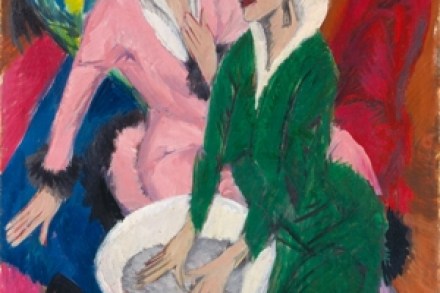Relaxing with the ignoble
Unless I have slept through another of the year’s once-in-a-lifetime experiences — which is rather more likely than possible — the days since the Wimbledon final have passed without call for bunting, cheering, spangling or any other kind of cross-gartered preparedness. We seem to occupy a lacuna; to have swum into the eye of the 2012 Events’ Cyclone. Here we are invited, until the Games begin, to rest our flag-waving arms, uncross our patriotic fingers and reacquaint our senses with something other than Pride-and-Glory. With immaculate timing — while Centre Court was still being put to bed — Wallander returned to BBC1 (Sunday). I never imagined, quite frankly, that I’d













